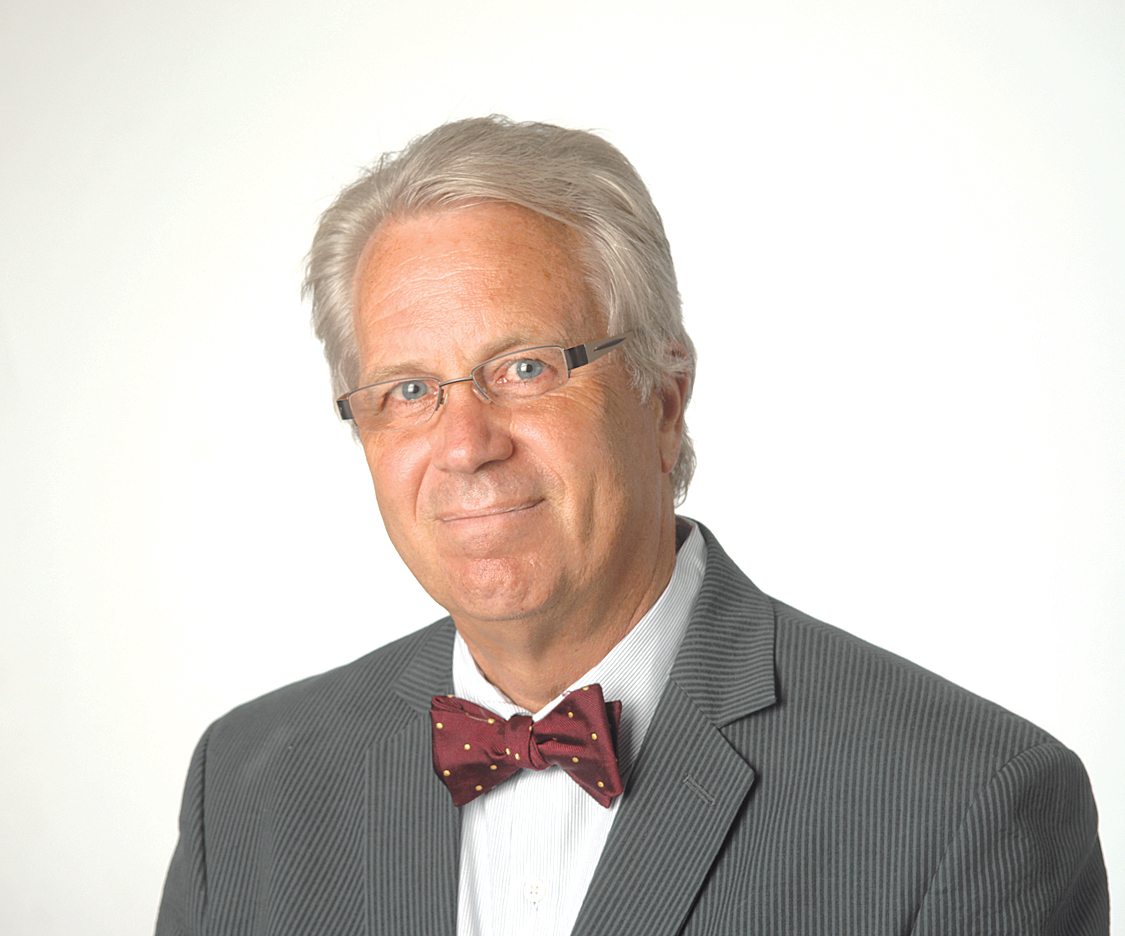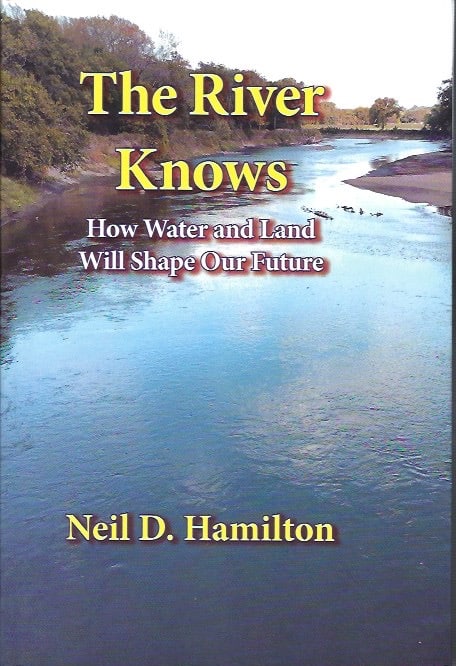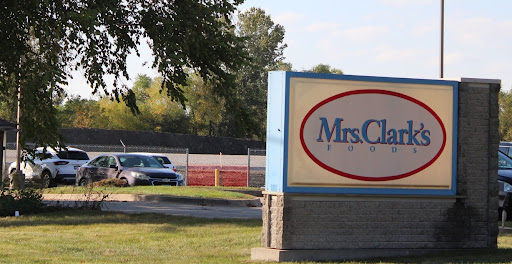The Elbert Files: Hamilton’s water work

Dave Elbert Aug 18, 2023 | 6:00 am
3 min read time
684 wordsAll Latest News, Opinion, The Elbert Files
By Neil D Hamilton,
$24.95
Ice Cube Press
Neil Hamilton’s new book, “The River Knows: How Water and Land Will Shape Our Future” covers a lot of ground – more than 70,000 miles.
That’s the cumulative length of Iowa’s natural waterways. Nearly all have problems, including the Raccoon River, which is ranked among the 10 worst rivers in the country.
Iowa’s hydrologic problems did not happen overnight. They are the product of decades of underfunding education and government services that were created to protect the environment, according to Hamilton, an emeritus professor of law and emeritus director of the Drake Agricultural Law Center. He grew up on a farm in southwest Iowa.
We’ve known for a long time what causes the problems, he wrote. It’s trying to grow too much corn and the accumulated waste of too many farm animals. It’s too much manure and too many farm chemicals applied to fields designed for quick removal of rainwater.
We can fix the problem with proper application of fertilizers, limiting animal confinement operations, planting cover crops and building bioswales and other structures to reduce runoff. But we don’t, because the same science denial that challenges climate change also erodes our soil and pollutes our water, Hamilton wrote.
This is his second book in two years.
“The Land Remains: A Midwestern Perspective on Our Past and Future” explored the problems of Iowa’s deteriorating soils. “The River Knows” explains how the same bad practices are poisoning our water.
Both books employ an unusual narrative device, in which the land and the river periodically speak directly to readers. In “The Land Remains,” the voice is “The Back Forty,” a section on the farmstead where Hamilton grew up in Adams County. In “The River Knows,” the speaker is the Raccoon River, which for decades has carried pollution from farms in northern Iowa to water treatment plants in Des Moines and other downstream cities, before it winds up in the Gulf of Mexico’s dead zone.
Hamilton’s books explain how we got here and what it will take to turn around problems that are destroying rural Iowa.
His latest book paints a bleak picture in which the deck is stacked against the river and anyone who tries to intervene on its behalf.
The chief villain is “Agri-nationalism” which, Hamilton explains, promotes a belief system based on eight tenets: 1. Farmers know what’s best; 2. Government regulations are inherently bad; 3. Remedial efforts must be voluntary and compensated; 4. There is no connection between agriculture and climate change; 5. No one loves the land more than farmers; 6. Government should promote maximum production of crops and livestock; 7. Agriculture deserves public subsidies; 8. It is against public interest to question or criticize farmers.
Most Iowa farm commodity groups along with meat processors and the agribusinesses that provide farm equipment, seeds, fertilizer and pesticides, “defend the tenets of Agri-nationalism,” Hamilton wrote.
One notable exception is the Iowa Soybean Association, which, he said, has a history of working with farmers “to improve soil health, protect water quality, reduce fertilizer use and to sequester carbon.”
Leading the other side is the Iowa Farm Bureau, which Hamilton said has a long history of success in its “efforts to deny, deflect, delay and even deceive the public concerning agriculture’s impact on the environment.”
When it comes to laws and rules protecting the environment, he added, if the Farm Bureau does not want it, “the Legislature won’t act.”
Despite the wall of challenges facing environmentalists, Hamilton remains hopeful for several reasons.
One is that although state and federal bureaucrats have largely turned their backs on problems, grassroots movements are developing and supporting voter referendums to fund water and soil conservation projects.
Recent proposals include plans for a 200-mile trail through western Iowa’s Loess Hills and Central Iowa’s multi-county ICON Water Trails project that would, among other things, enliven the downtown Des Moines riverfront with a whitewater course.
Finally, there are legal challenges which, while not successful so far, help educate the public and lay groundwork for future efforts.

Dave Elbert
Dave Elbert is a columnist for Business Record.









